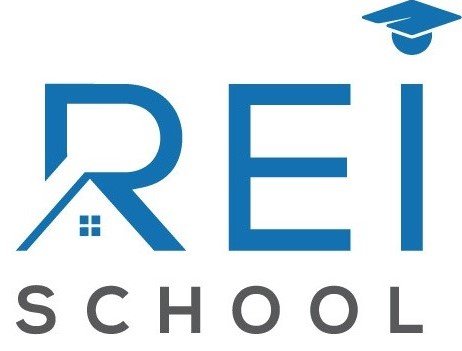March 31, 2025 | 3 Minute Read
When I started investing in real estate back in 2002, my focus was entirely on wholesaling properties. At the time, I had no marketing budget—actually, I had no money to spend at all. So, I had to get creative. As I gained experience and started closing more deals, I dipped my toes into marketing strategies.

By 2006, my business partners and I were spending $10,000 per month on TV ads, which brought in $30,000 to $40,000 in monthly revenue.
Here’s an old YouTube video from 2006 that we ran on TV in the Miami/Fort Lauderdale area that was pretty successful for us.
We ran it in the early/mid afternoons during the talk shows like The Peoples Court, Maury Povich, and Jerry Springer. We had a phone bank and the three of us manned the phones when they started ringing after each airing of the ad. Those were the good old days.
Back to today. More recently, I’ve shared how I lost $10,000 on a lead generation service (read about it here). Despite these two spends, I’ve rarely spent money on marketing to find properties—and I’m still able to find deals without spending a dime. Let me show you how I do it.
1. Driving for Dollars
One of the most traditional and effective ways I find distressed properties is by driving through neighborhoods. It’s not as time-consuming as it may seem. Typically, I’m driving between projects, so I always keep an eye out for distressed properties. I look for things like overgrown lawns, broken windows, boarded-up doors, piles of junk in the yard, and neglected exteriors. I write down the address, skip trace it to find the owner’s contact information, and then call them. You can also use DealMachine (here’s a link), which helps you easily locate owner info and even send a postcard with just one click.
2. Multiple Listing Service (MLS)
Anyone who tells you there are no deals on the MLS is mistaken. In March alone, I got 7 properties under contract directly from the MLS. I already closed one and the rest are closing the first two weeks of April.
The key is evaluating each property, understanding the seller’s motivation, visiting the property to estimate repairs, and submitting offers. You need to have a system and process in place to maximize your time and how you submit offers.
As a licensed real estate broker, I have access to the MLS, but I’ll cover more on this in a future article about how I secure contracts through the MLS.
3. Wholesalers
Yes, we still buy from local wholesalers—but we prefer working with those who have experience. Virtual wholesalers often lack local knowledge and tend to overprice properties, or they’ll add extra fees when they joint venture with a local investor. I’m on every wholesaler’s email list and often receive multiple emails about the same property. The one with the lowest price is usually the wholesaler who has the actual contract. That’s the one I work with. As I tell them, as long as my offer works for the property, I don’t care if they make $5,000 or $50,000, whether through assignment or double closing. It just has to make sense for me.
4. Real Estate Agents
Build relationships with real estate agents who specialize in foreclosures, REOs (bank-owned properties), or fixer-uppers. These agents might bring you deals before they hit the market, saving you time and effort. Some agents also work with sellers facing financial distress but haven’t yet listed their properties. By offering solutions to these sellers, you can gain an edge in the market. Even though I’m a real estate broker, I make sure to let the agent who brings me an off-market property keep the full commission, and I offer additional financial incentives.
5. Networking Events
Local meetups are still a great way to connect with wholesalers looking for buyers. Networking with friends and colleagues is important, but my main focus is finding new wholesalers to work with.
6. Professional Networking
We also network with attorneys and title companies. They often alert us to opportunities, and if we buy the property, they handle the closing—making it a win-win.
Property management companies can also be a good resource, though their goal is to keep properties they sell under their management. This doesn’t always align with our needs since we manage all our rental properties in-house. However, it could be a good avenue for you to explore.
7. Using Social Media
Join local community groups on Facebook to find wholesalers posting their properties. Also, connect with real estate agent groups to build relationships and gain access to off-market opportunities.
Finding properties without spending money on advertising is entirely possible if you’re willing to invest the time and effort. Whether it’s driving for dollars, searching the MLS, networking with professionals, or using social media, these methods are still the best resource I use to find properties.
